
Positive Reinforcement- How Does it Work For Your Toddler?
8 min readWritten by Chandrani Mukherjee


Every parent wants their toddlers to shun disobedience. They continuously try to discourage bad behavior and enforce positive behavior. However, young minds require motivation to behave in a disciplined manner which gradually becomes innate as they mature. In order to reinforce desirable behavior in toddlers, parents rely on positive reinforcement as an effective strategy.
Through consistent use, reinforcement shapes a toddler’s understanding of right and wrong. It also improves their self-esteem and motivation as toddlers learn that their behavior yields positive outcomes from parents and caregivers.
In This Article
- What is Positive Reinforcement?
- How Does Positive Reinforcement Work on Toddlers?
- Why Should Parents Use Positive Reinforcement For Toddlers?
- Top 5 Benefits of Positive Reinforcement For Toddlers
- 5 Things to Pay Attention to When Using Positive Reinforcement For Your Toddler
- What’s The Difference Between Positive Reinforcement, Negative Reinforcement, And Punishment?
- Are There Any Disadvantages to Positive Reinforcement?
- FAQ’s
What is Positive Reinforcement?

Positive reinforcement is when you acknowledge or reward good behavior. This kind of encouragement develops a ‘feel good’ factor among adults and kids alike and motivates them to keep doing the same thing again, if not better. Though it may seem simple it is quite an effective tool and helps to shape good personality and character (1).
How Does Positive Reinforcement Work on Toddlers?
Toddlers have impressionable minds. They learn quickly and also get influenced easily. When you encourage your toddler if they behave well or do something good it puts them in a positive state of mind and motivates them to do better.
If you encourage them for good behavior and dissuade them for bad the toddler will learn to adapt to it. Positive reinforcement will greatly influence their future behavior and even define their sense of right and wrong.
Why Should Parents Use Positive Reinforcement For Toddlers?
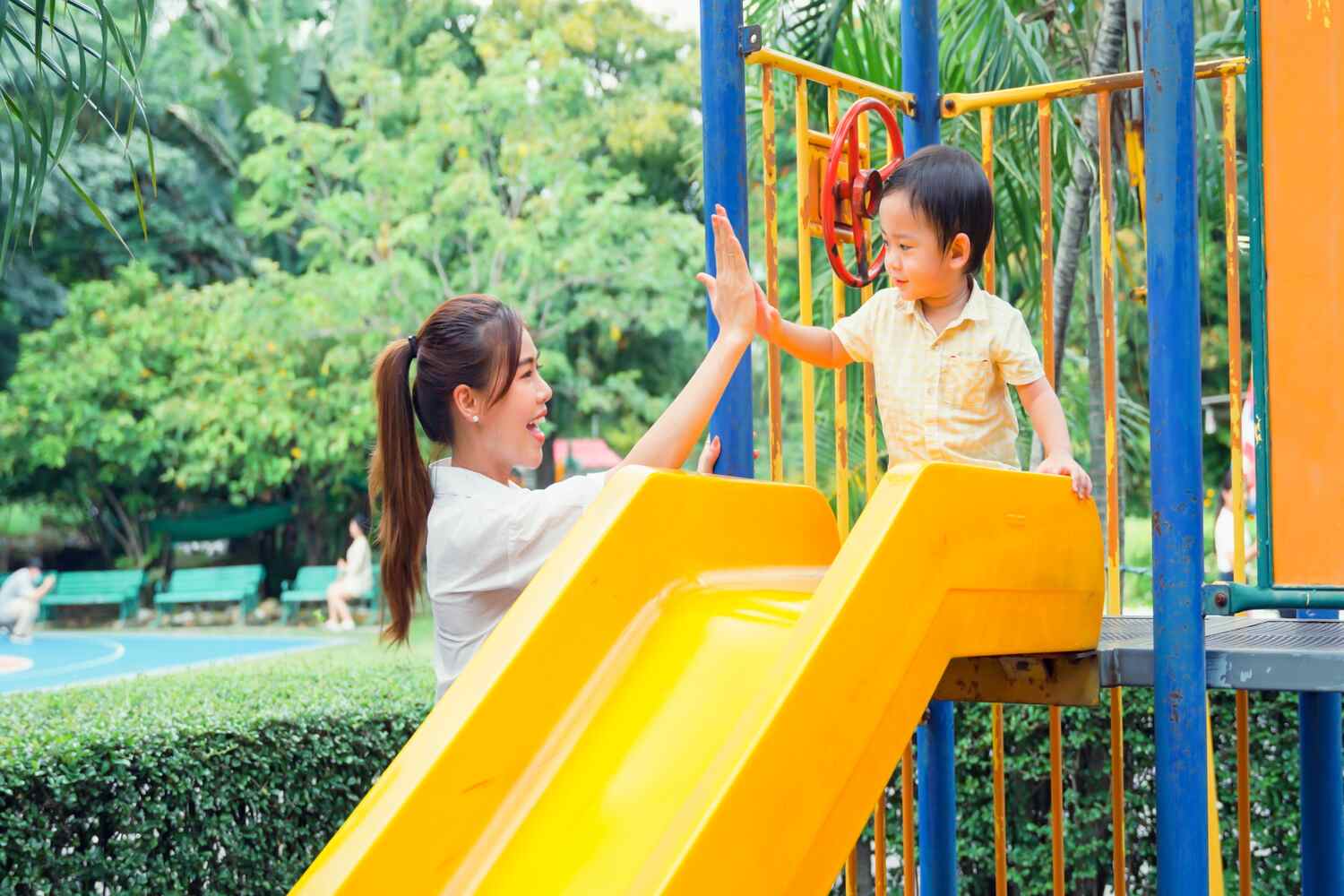
Positive reinforcement is a great way of encouraging toddlers (2). They get to know that their efforts are being recognized and appreciated. For example, pushing a child to keep their toys in the basket can be a herculean task, but whenever they do so, tell them- “how much you love the way they keep toys arranged in the basket”. This will make them strive to do more things that might as well please you. Plus, they assume their own validity in recognizing their efforts.
Toddlers have to make many choices on their own, and fragile as they may be, their choices shape up their futures tomorrow. They seek recognition, validity, respect, praise, and rewards, and this works as a great promoter of good behavior. Slowly, they will imbibe these values and will become a sensible adult.
Top 5 Benefits of Positive Reinforcement For Toddlers
1. Fosters Self Esteem
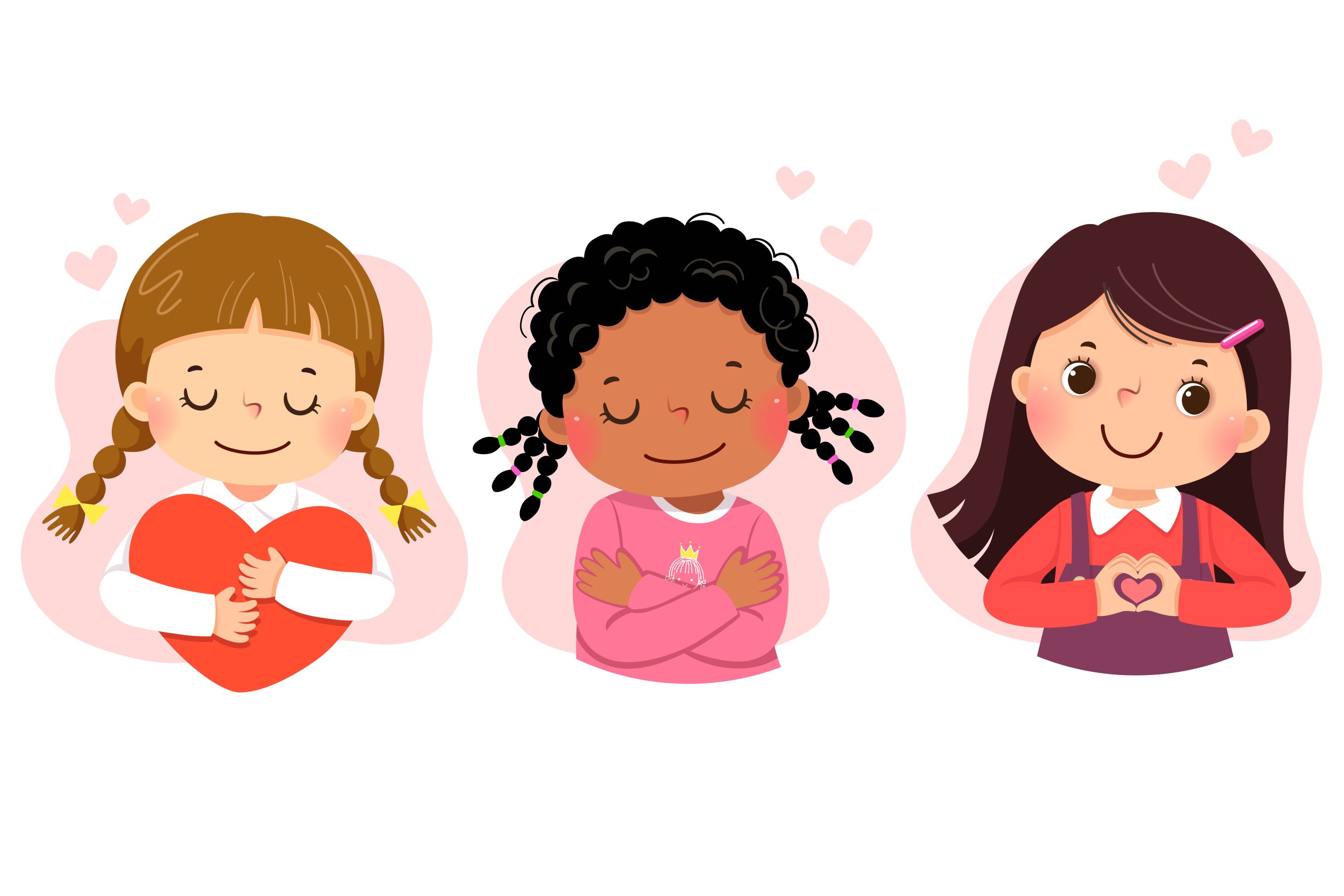
Positive reinforcement also helps in increasing a toddler’s self-esteem, since they are showered with praise for something they do well. The same results can never be achieved by categorizing them as a bad kid, or forcing them to do the right things.
The toddler starts feeling that doing good begets good, and learns a very important lesson of life. Giving due credit to the tiny tot when they behave well will boost their self esteem. The toddler will grow up to be an independent and self-sufficient adult. It will develop confidence and assertiveness.
2. Builds Character
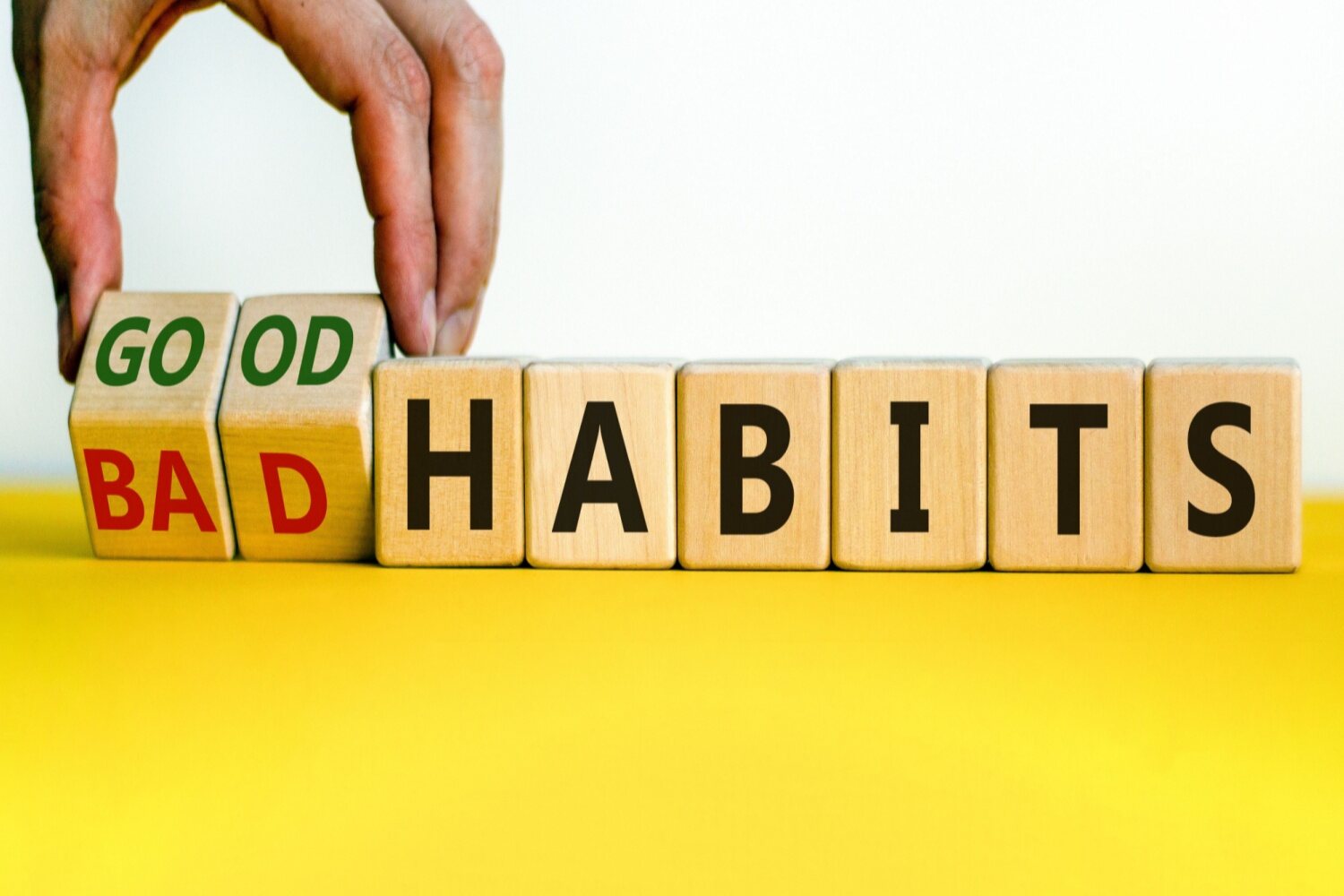
Childhood is the foundation of adult life. The way a toddler is brought up influences their perspective and defines their character. Motivating your little one when they do something good will encourage them to keep doing better. A good deed when practiced regularly becomes a habit and good habits develop into a good character.
3. Motivates The Toddler to do Better
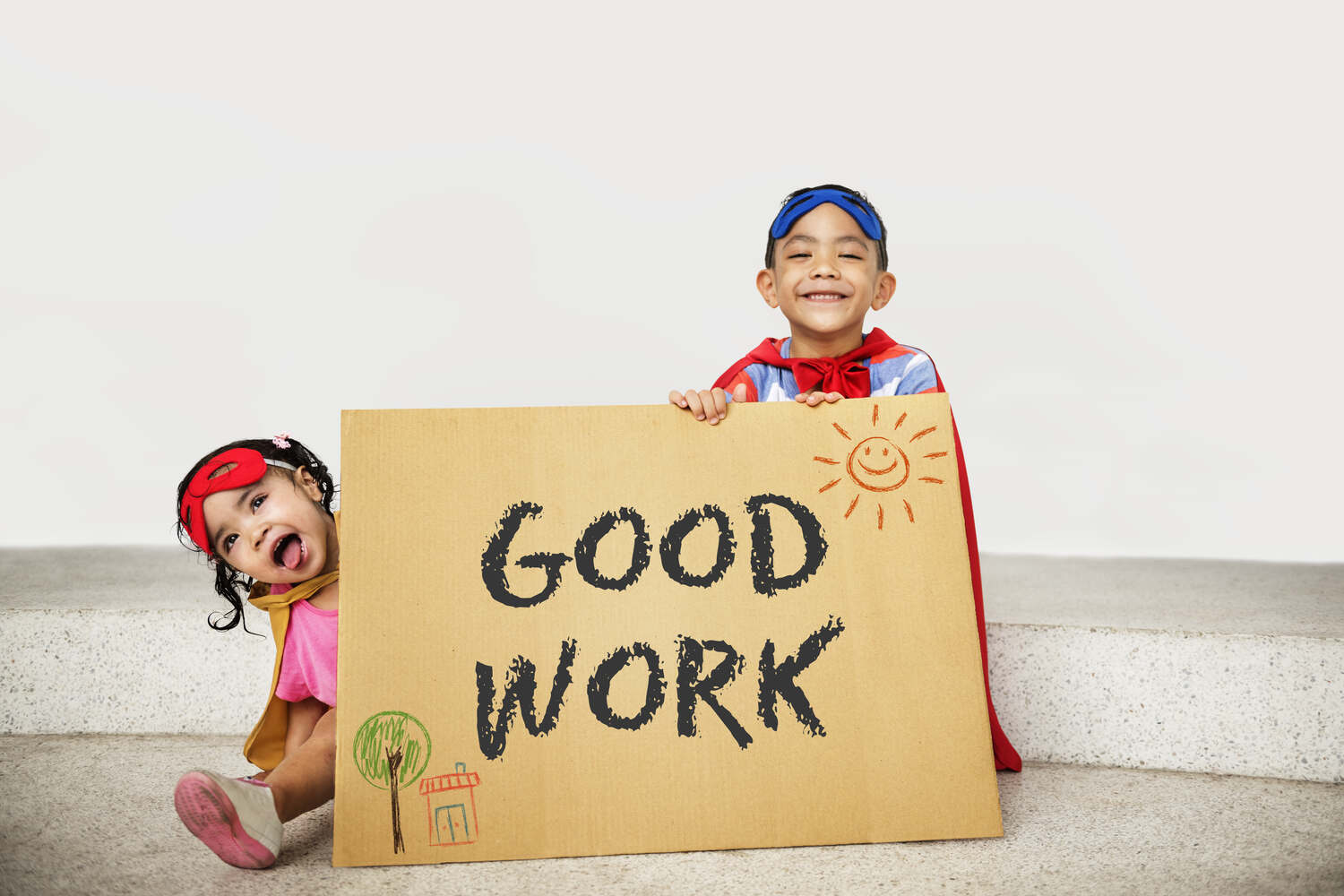
A simple pat on the back or small tokens of appreciation like ‘Good job’ or ‘Well done’ serve as strong boosters. A toddler when appreciated strives to repeat their accomplishment. This is a good practice since it will motivate them to aim for higher goals when they grow up.
4. Helps Parents to Understand Their Kid

When you regularly practice positive reinforcement you learn what motivates your toddler and what doesn’t. You begin to understand what drives them to achieve goals and what stimulates them to do better. Such little gestures help you understand your tiny tot’s thought process and even their likes and dislikes clearly.
5. Strengthens Parent-child Relationship

Constant encouragement and reinforcement develops a healthy relationship between the parent and the toddler. When you appreciate and acknowledge your toddler’s good behavior chances are they will learn from their mistakes when you scold them for wrong doings.
5 Things to Pay Attention to When Using Positive Reinforcement For Your Toddler
1. Do Not Reward Unnecessarily

It is important to understand when to appreciate or reward a toddler. You cannot reward your toddler for every single thing they do well. There are certain things that they should learn and do on their own. Rewarding their every move will spoil them and the toddler will begin to do every single thing with an intention of gaining something in return.
2. Do Not Give in to Tantrums

If you dissuade your tiny tot from doing something and then they throw a tantrum or start crying, do not let them have their way. Stick to your words otherwise they will not take you seriously. Even when you positively reinforce their good behavior they will not truly appreciate it.
3. Don’t Get Lavish

Positive reinforcement does not mean you shower your toddler with gifts and rewards. Simply telling the toddler that they have been good will suffice. You could give them a candy when they do exceptionally well or you could even draw a star at the back of their hand as a reward for good behavior.
4. Do Not Bribe

Many parents misunderstand reinforcement for bribing. There is a huge difference between the two. Reinforcement is when you recognize and appreciate your toddler’s good behavior. Bribing is when you promise them something if they behave in a certain way. If you bribe your little one, chances are they will only behave well for material things. The main aim is to cultivate a good habit and not to lure the tiny tot by things in exchange for good behavior.
5. Reward Should Match The Accomplishment
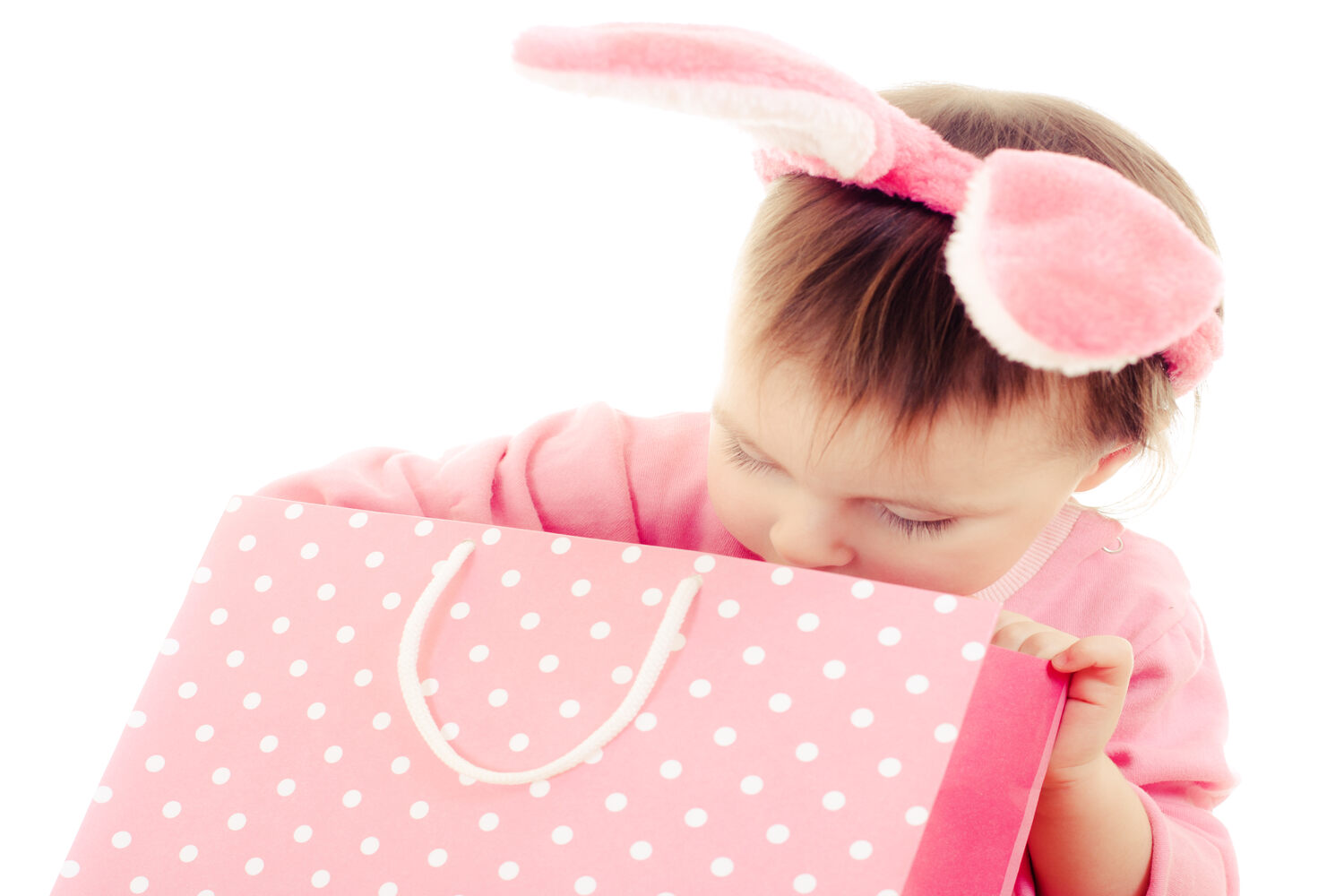
You cannot give a huge bar of chocolate to your toddler just because they say ‘Thank you’ and ‘Please’. For small accomplishments like these ‘Good girl/boy’ and ‘Very good’ will suffice. The reason behind this is that we do not want to spoil our tiny tots by giving them candies and toys for every single thing they do.
What’s The Difference Between Positive Reinforcement, Negative Reinforcement, And Punishment?
In psychology, the concept of reinforcement plays a crucial role in either strengthening a desired behavior or diminishing an undesirable one. Positive and negative reinforcement aim to increase the chances of good behavior repeating. They differ in adding or removing stimuli. Negative reinforcement isn’t the opposite of positive reinforcement. Yet, both methods share the goal of promoting behavior.
The fundamental differences between these three concepts are as follows –
Positive Reinforcement
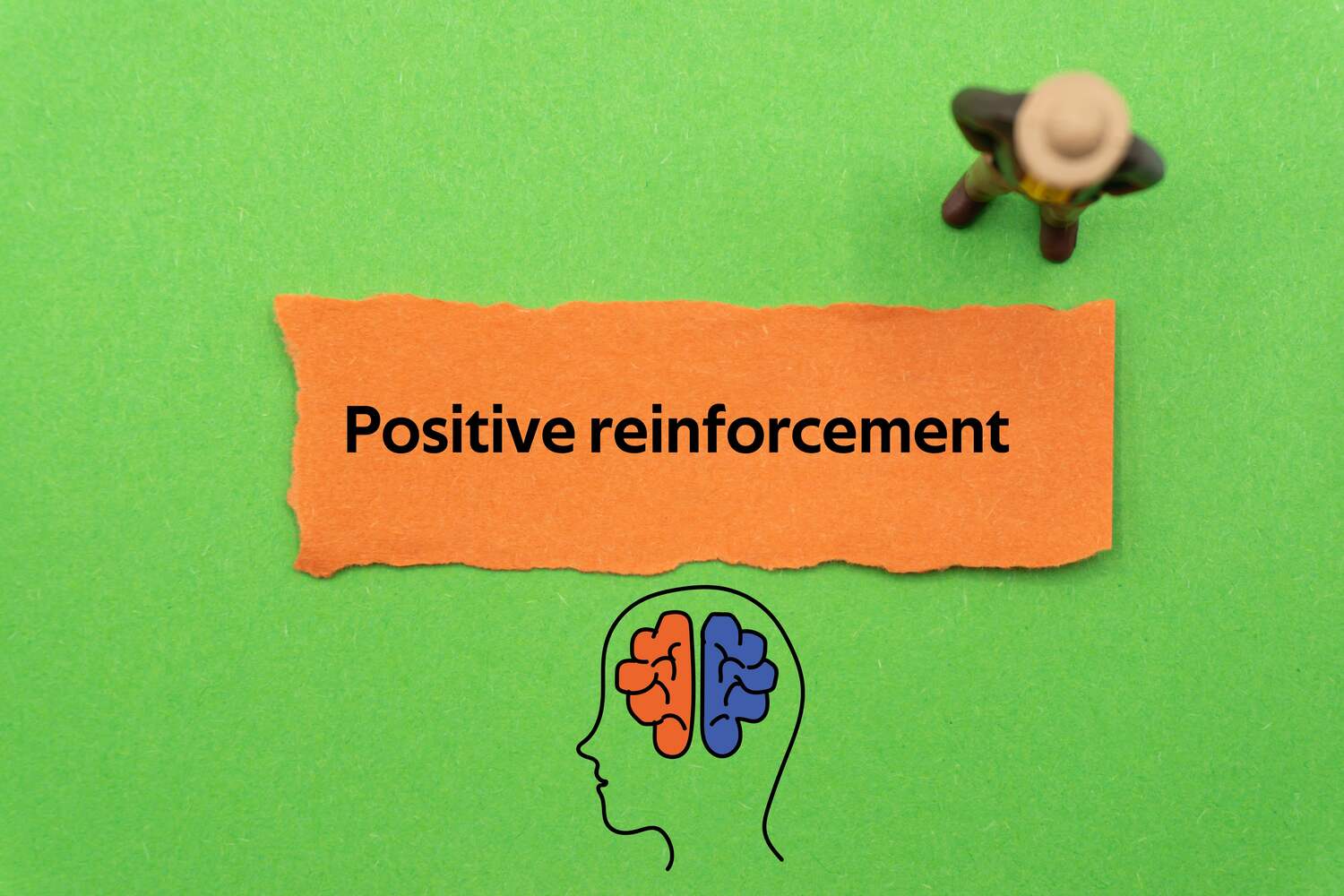
It refers to encouraging a desirable behavior by giving a reward just after the behavior occurs. In simple terms, it refers to praising or appreciating your toddler’s good actions by giving a gift or token of appreciation, so that they feel motivated to do the same action again in future. For example: if your toddler picks up all the toys in the toy basket after they’re done with their playing, you will reward them with their favorite fruit smoothie.
Negative Reinforcement
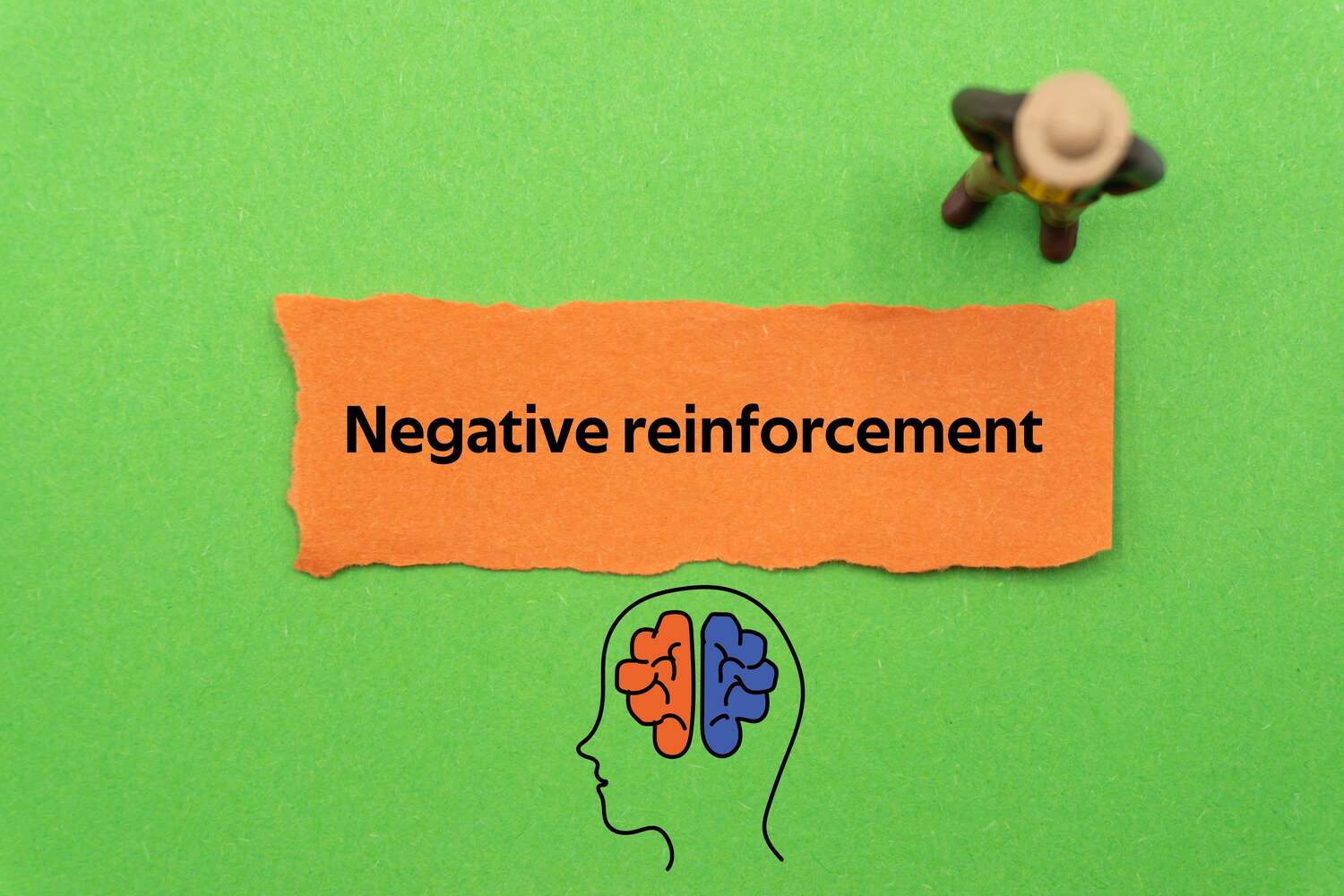
This refers to removing or avoiding any unpleasant stimulus or action to increase the chances of a desired behavior by the toddler. It is used to teach target behavior by the parent. For example: if a toddler finishes their breakfast on time, the parent may stop the irritating alarm sound.
Punishment
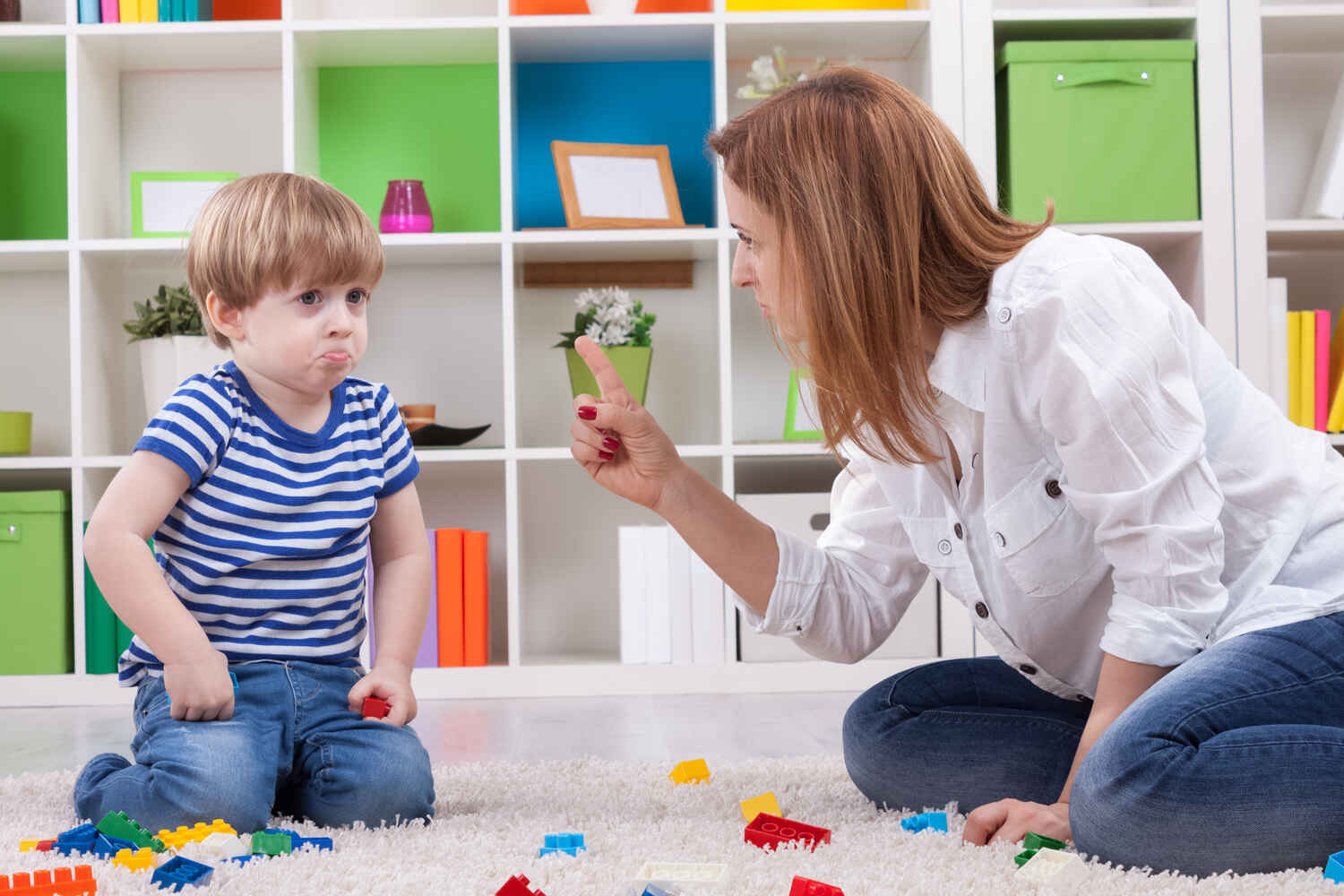
Punishment is meant to stop undesirable behavior. It means punishment decreases the chances of bad behavior getting repeated by a toddler. It involves applying consequences to discourage behaviors that are not socially approved. Example: when a toddler misbehaves in the play area, they are removed from the situation and brought back home by the parent. The toddler remembers the punishment and refrains from doing a wrong action.
Are There Any Disadvantages to Positive Reinforcement?

Over-reliance on positive reinforcement has its own share of challenges as given below-
- Excessive use of rewards can destroy inner motivation in toddlers. They will not behave well unless tokens of appreciation are given
- It can also cause unrealistic expectations from parents. Toddlers may manipulate parents for receiving constant rewards
Positive reinforcement is a powerful tool for promoting desired actions and behaviors of toddlers. The process works as a tool to motivate specific actions that are socially acceptable. Moreover, it also builds self-esteem and promotes healthy mental development in them.
FAQ’s
1. How Does Positive Reinforcement Affect a Child?
Positive reinforcement motivates a child and encourages them to continue with desirable actions and behavior by associating it with pleasant outcomes. The rewards and appreciation acts as incentives for them to do actions that parents approve of.
2. What Age is Positive Reinforcement Good For?
It is good for all age groups of children as it boosts motivation. Toddlers are bound to promote their desired behaviors. Positive reinforcement acts as a disciplinary tool for toddlers as well.
3. Does Positive Reinforcement Really Work?
Yes, it works well when parents want to teach good habits and desirable social behaviors to toddlers. The reinforcement acts as an incentive that keeps their motivation levels high.
4. Is Too Much Positive Reinforcement Bad?
Yes, too much positive reinforcement is bad as overreliance leads to dependency of the toddler on external rewards for behaving well. This can stop them from feeling the need to behave appropriately from within.
5. How Powerful is Positive Reinforcement?
It is a powerful tool to shape desirable behaviors in toddlers. By associating pleasurable outcomes after a desired behavior is shown, toddlers feel motivated to repeat the behavior again.
References
- Using Positive Reinforcement With Young Children – [https://www.researchgate.net/publication/340834009_Using_Positive_Reinforcement_With_Young_Children]
- Using Positive Reinforcement With Young Children – [https://journals.sagepub.com/doi/abs/10.1177/1074295620915724#]

Chandrani Mukherjee,M.Sc (Clinical psychology),PGDEA
Responses (0)
Want curated content sharply tailored for your exact stage of parenting?
Sponsored content
Discover great local businesses around you for your kids.
Get regular updates, great recommendations and other right stuff at the right time.











